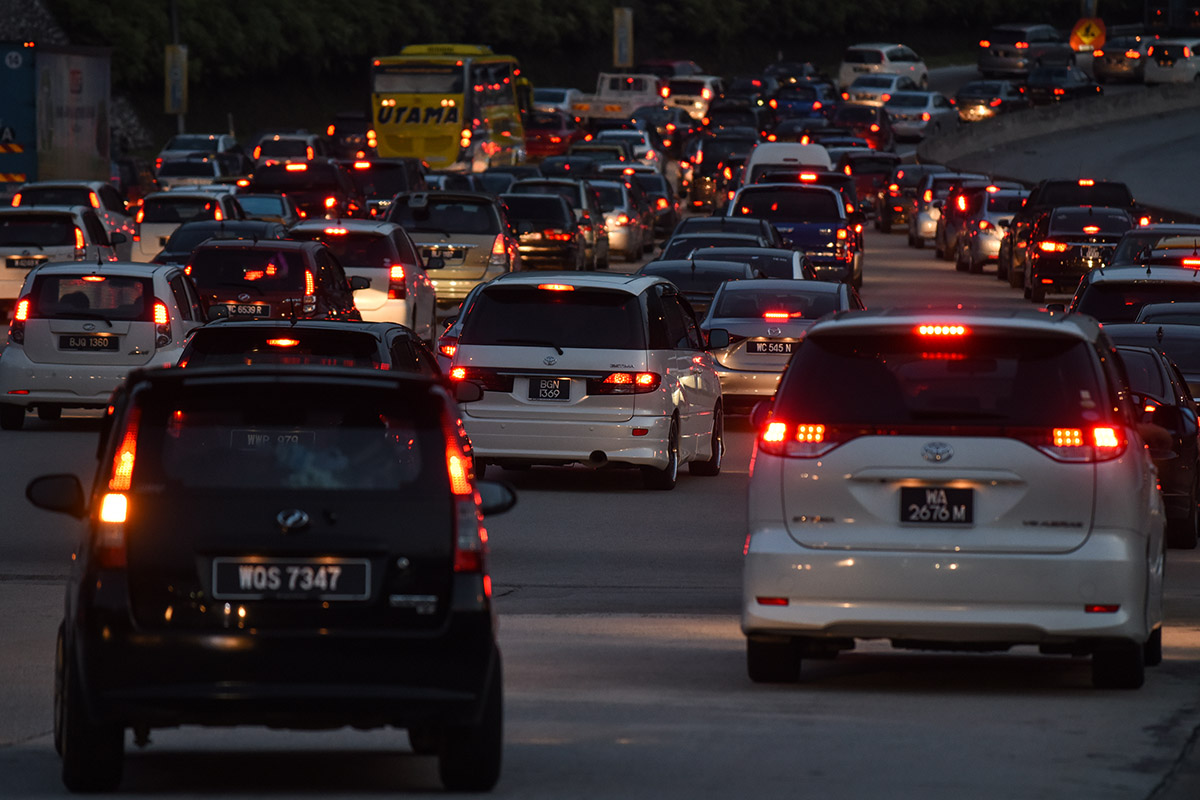The traffic situation in Southeast Asia, as we all know, is famous for all the wrong reasons. Although some countries have taken steps to minimise congestion such as Vietnam’s ban on motorcycles by 2030, and Singapore’s deployment of road tolls and an expensive certificate of entitlement to reduce the number of car ownerships, the traffic situation in the region could still use some help.
Tech companies and developers are constantly looking for opportunities to come up with further solutions that will help governments and motorists. The use of artificial intelligence and cloud computing have been making waves as newer technology reaches the region’s shores. This has led to more and more companies looking towards these technologies to help ease traffic woes.
For example, Malaysia will be the first country outside China to adopt Alibaba Cloud's City Brain solution, according to the global e-commerce giant.

Source: Numbeo
City Brain
Alibaba Group's cloud computing arm said that it has teamed up with Malaysian government agencies, Malaysia Digital Economy Corporation (MDEC) and Dewan Bandaraya Kuala Lumpur (DBKL), to introduce its cloud solution to improve the traffic situation in the country's capital city.
Kuala Lumpur, the capital of Malaysia, has serious traffic congestion. According to the Malaysia Automotive Association (MAA), Malaysian vehicle registration data up to June 2017 showed a total of 28,181,203 registered vehicles on the road. This figure translates to an average of 0.88 vehicles per person in the country. Compared to 2010, where the number of vehicle registrations stood at 20,188,565 units, there are now 7,992,638 more vehicles on the road, which is an immense increase of 1.23 million vehicles per year.
"The Malaysia City Brain will help Kuala Lumpur to become a role model in Southeast Asia and the world of smart city," said Hu Xiaoming, Alibaba Group Vice President and Alibaba Cloud's president. He hopes to transfer the group's successful experience in Hangzhou, the Chinese city where Alibaba's headquarter is located, to Kuala Lumpur.
The same initiative that was deployed in Hangzhou has enhanced traffic efficiency by 15 percent and helped saved an average of three minutes on traffic per vehicle. According to MDEC, the pilot phase of the project will begin with a base of 382 camera feeds and input from 281 traffic light junctions.

How does it work?
With the use of cloud computing and its data processing capabilities, the flow of vehicles and traffic signals can be optimised by calculating the time to reach intersections. It will also be able to generate structured summaries of data, such as traffic volume and speed in particular lanes, which can be used to facilitate other tasks including incident or accident detection.
In addition, programmes such as the City Brain will be able to connect with various urban management systems including emergency dispatch, ambulance calls, traffic commands, and traffic light control. By integrating and analysing real-time data generated from these systems, urban traffic flows can be optimised for emergency vehicles. For example, the quickest routes can be identified so that ambulances can arrive at a specific location within the shortest time frame possible.
“Cloud computing, data technology and AI have become fundamental tools for all companies and organisations to operate effectively,” Hu added.
Apart from managing traffic, cloud computing with the aid of artificial intelligence is also realising the vision of driverless cars for the region.
The Malaysia City Brain is indeed a significant milestone as it paves the way for other countries in Southeast Asia. Cities like Manila in the Philippines and Jakarta in Indonesia which record the highest traffic throughout the region, could also look into employing technology like cloud computing and artificial intelligence to ease their traffic woes. Should other countries in the region follow suit in implementing these systems, the prospect for Southeast Asia becoming a leader in the smart city space will be bright and promising.
